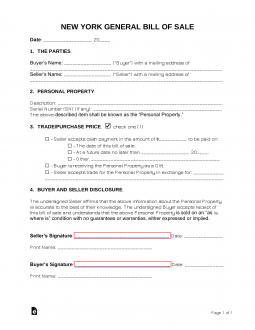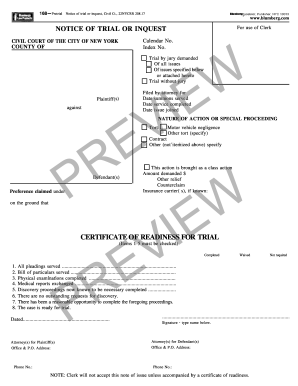
On appeal, the Appellate Division affirmed. The trial court denied the plaintiff’s cross-motion to serve an Amended Bill of Particulars. Accordingly, the plaintiff cross-moved for permission to file an Amended Bill of Particulars one month after the plaintiff had originally opposed the defendant’s motion for summary judgment three months after Note of Issue had been filed and three years after the lawsuit began. The plaintiff also submitted a Supplemental Bill of Particulars with the opposition papers, which the defendants rejected, claiming that the plaintiff’s new Bill of Particulars had to be served as an “Amended” Bill of Particulars rather than as a Supplemental Bill of Particulars.
BILL OF PARTICULARS NEW YORK CODE
In opposition to that motion, the plaintiff served papers that included an affidavit from an engineering expert referencing numerous building code violations never previously alleged in the plaintiff’s original Bill of Particulars. In the Silber action, the defendant, Sullivan Properties, made a post-Note of Issue motion for summary judgment.

In New York, a Bill of Particulars is a pleading that is substantively equivalent to responses to interrogatories and typically details in specificity a plaintiff’s injuries, the defendant’s alleged misconduct, and the specific statutes and/or code violations that the defendant is alleged to have violated. Sullivan Properties, L.P., affirming the trial court’s denial of a plaintiff’s post-Note of Issue motion to file an Amended Bill of Particulars, which charged the defendant with violating a section of the building code that had never been previously alleged.


(May 6, 2020) - On April 30, 2020, the New York’s Appellate Division, First Department, issued a decision in Silber v. Amended Bill of Particulars: If Challenged, New York Courts Will Closely Examine Such Filings Post-Note of Issue


 0 kommentar(er)
0 kommentar(er)
